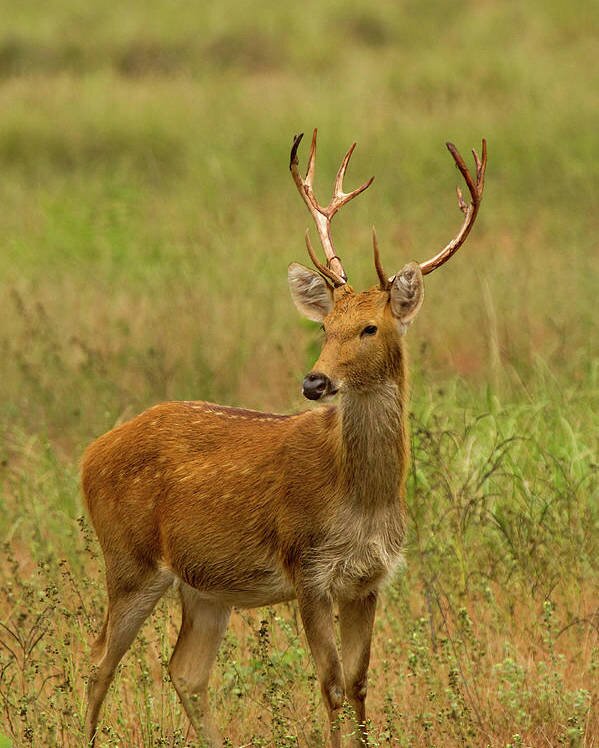Kanha Tiger Reserve
Why in News
A tigress was found dead in the buffer zone of Kanha tiger reserve in Madhya Pradesh.
Key Points
- Location: It stretches over an area of 940 square km in the two districts - Mandla and Balaghat - of Madhya Pradesh.
- History: The present-day Kanha area was divided into two sanctuaries, Hallon and Banjar. Kanha National Park was created in 1955 and in 1973 was made the Kanha Tiger Reserve.
- Kanha National Park is the largest National Park in Central India.
- Features:
- Fauna:
- Flora:
- It is best known for its evergreen Sal forests (Shorea Robusta).
- It is the first tiger reserve in India to officially introduce a mascot, “Bhoorsingh the Barasingha”.
- Fauna:
- Other Tiger Reserves in Madhya Pradesh:
- Sanjay-Dubri.
- Panna.
- Satpura.
- Bandhavgarh.
- Pench.
Core and Buffer Zone
- For the purpose of management, tiger reserves are constituted on a ‘core – buffer’ strategy.
- In core areas, forestry operations, collection of minor forest produce, grazing, human settlement and other biotic disturbances are not allowed and are singularly oriented towards conservation.
- The buffer zone is managed as a ‘multiple use area’ with conservation oriented land use, having the twin objectives of providing habitat supplement to the spillover population of wild animals from the core, apart from facilitating site specific eco developmental inputs to stakeholder communities.
- Subspecies: There are three subspecies of swamp deer found in the Indian Subcontinent.
- Protection Status of Swamp Deer:
- IUCN Red List: Vulnerable
- CITES: Appendix I
- Wildlife Protection Act, 1972: Schedule I
